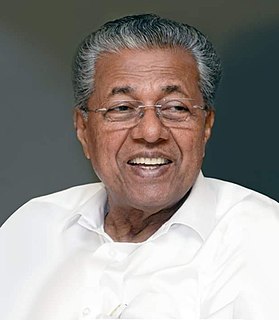A Quote by Tedros Adhanom
Jihadist organizations attempt to exploit discontent among marginalized groups in unstable societies.
Quote Topics
Related Quotes
In general, Iranians believe that all Palestinians have the right to return home and that there is no chosen people on this earth, whether Jewish, Muslim, Christian. Iran had the same policy towards apartheid South Africa and at the time when it was supporting and funding the ANC [African National Congress] among other groups in South Africa, these groups were also considered to be terrorist organizations by many western governments.
Even as considering African-Americans, immigrants and other groups who may be marginalized in different ways, American Muslims are still one of the most marginalized groups. Overt prejudice is probably more acceptable toward American Muslims than any other single group in the U.S. There is still a lot of policies in place that are incredibly effective that don't show any signs of eroding. So, I don't want to overstate the optimism but I think things are headed gradually in the right direction. Just because of the distance between us and 9/11.
I worry most about proliferation of weapons of mass destruction in such a way that they could be acquired by non-governmental organizations, like terrorist groups, especially the radical groups. When a nation state has a nuclear weapon, it's a little bit easier to control the use of it, but for non-governmental groups it's much more difficult.
If the state, with all of the emotional resources at its command, cannot finance its most basic and vital activities without resort to compulsion, it would seem that large private organizations might also have difficulty in getting the individuals in the groups whose interests they attempt to advance to make the necessary contributions voluntarily.
The organizations of the future will increasingly depend on the creativity of their members to survive. Great Groups offer a new model in which the leader is an equal among Titans. In a truly creative collaboration, work is pleasure, and the only rules and procedures are those that advance the common cause.
ISIS is a radical jihadist group that is increasingly sophisticated in its ability, for example, to radicalize American citizens, in its inability to exploit loopholes in our legal immigration system, in its ability to capture and hold territory in the Middle East, as I outlined earlier, in multiple countries.
MAN is a social animal, gregarious by nature, and finds his greatest sense of security and satisfaction in the company of others who share his interests and attitudes. Of all the many groups into which humans have collected themselves, of all the many tribes, clans, organizations, and societies throughout history, none has been so powerful, so far-reaching, or more universal than the church.
































